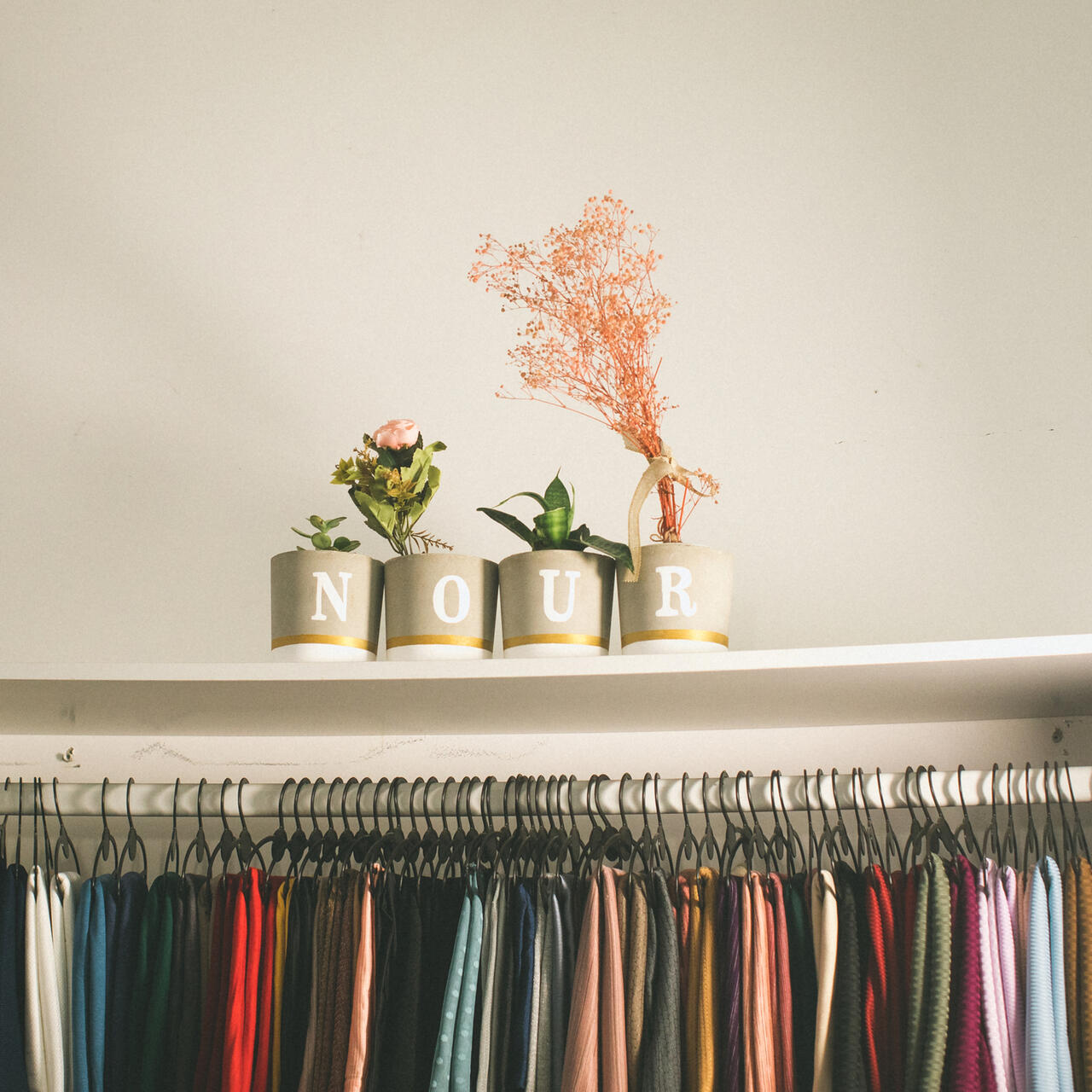
Meet Nour: The trendsetter providing an outlet through style in Lebanon
“Girls with hijab struggle to find clothes. So, I thought there should be a store here that solves that.”

“Girls with hijab struggle to find clothes. So, I thought there should be a store here that solves that.”
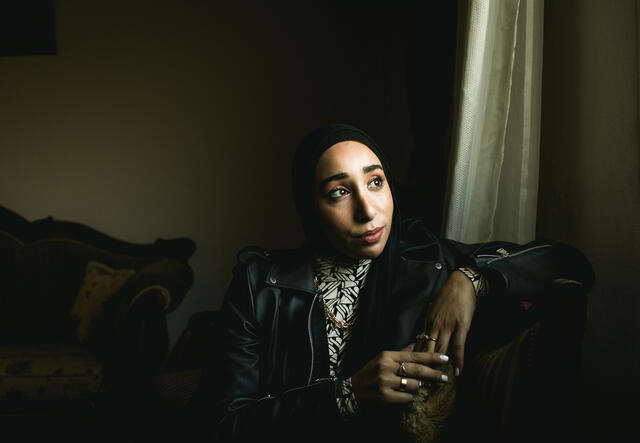
Nour is a 25 year old business-woman who lives in Lebanon. She is the owner of “Trendy by Nour,” a store with a very distinct focus: fashion and styling for those who wear a hijab.
Her father was formerly a government worker with a small salary trying to make enough to build a house for his family and provide them with a life deprived of nothing, at the same time.
“My father surely was able to provide a better life for us with the money he used to build the house. I would not be able to have this store rent-free,” Nour explains.
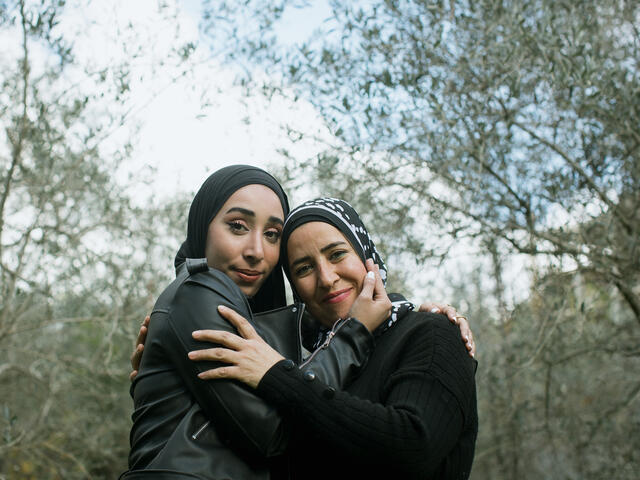
With both parents having had to sacrifice so much for their children, Nour is grateful to be able to give back to them—now being able to provide for her four-year-old brother, Youssef, too.
The idea for the store came to Nour when she was unable to find a shop that catered to fulfilling the stylistic needs of girls and women in her community. “I have been wearing a hijab for three years, and it is very difficult to find one that I find comfortable,” she says. “There is no store here where I can try them on. Girls with hijab struggle to find clothes.”
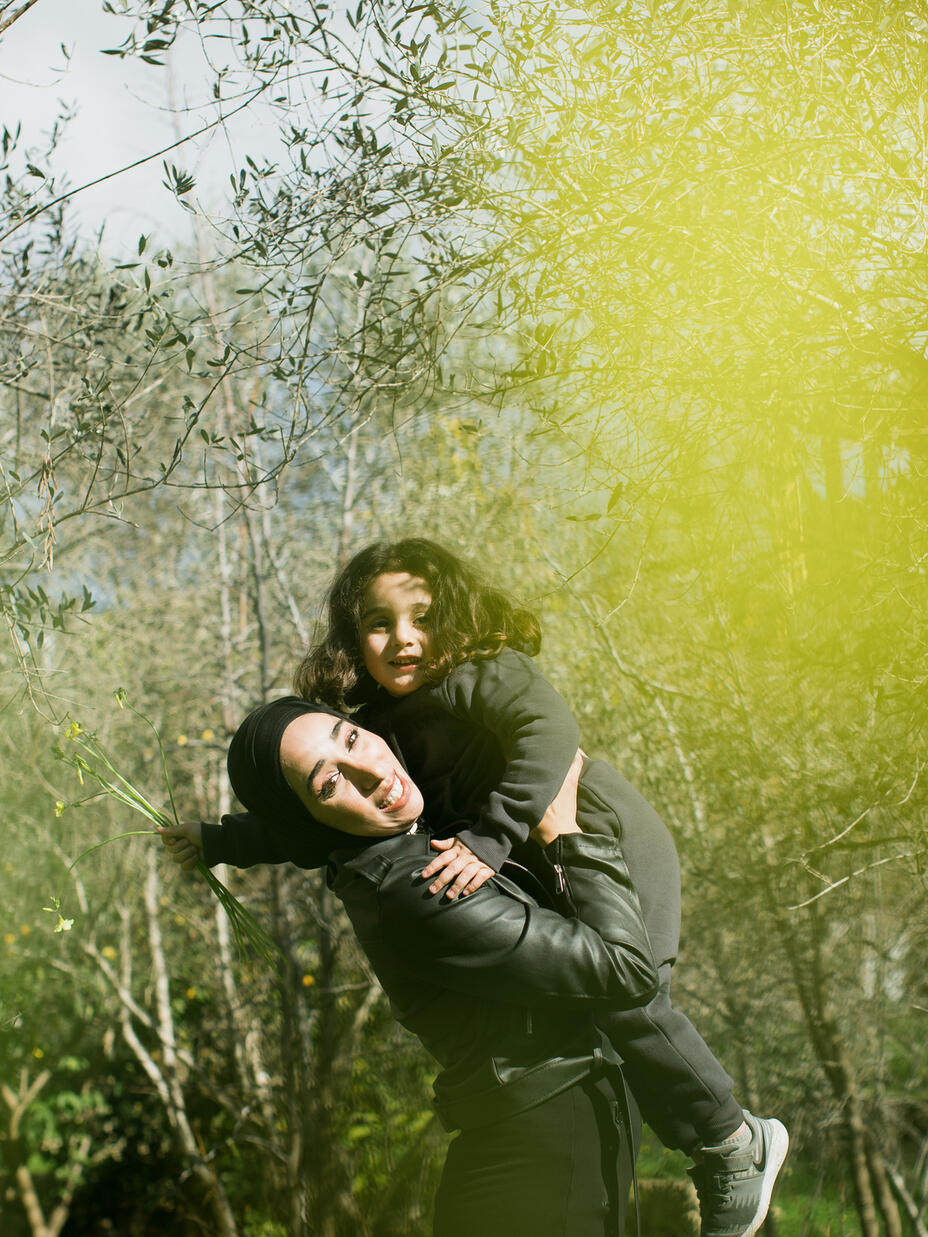
Since October 2019,Lebanon has been facing a severe economic crisis which has led to 80% of the population living under the poverty line. With the highest population-to-refugee ratio in the world exacerbating this crisis, most families are unable to afford basic necessities.
The Resilient Futures program, in collaboration with the Citi Foundation, is supporting young people like Nour in rebuilding economic resilience.
After the revolution broke out in 2019 and Nour was an unemployed student she applied to the Resilient Futures program for business support. Through a grant, Nour was given capital and received sessions on financial training, starting up a business, marketing and customer service.
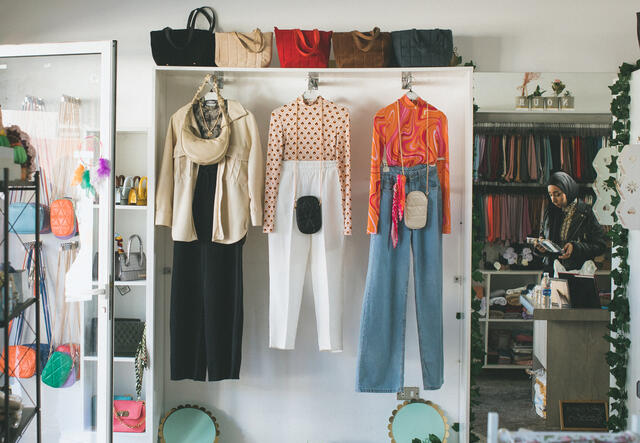
Nour first launched her business out of the space beneath her parents’ home, where she mainly sold hijabs, bags, makeup and various accessories. After finding people selling handmade products, with their permission, she started selling them at her store, allowing her to expand her range of products.
Today, Nour is the proud owner of two stores that are not only renowned in her own home-town, but thanks to her promoting them onTikTok and Instagram, they are known all over Lebanon and even abroad.
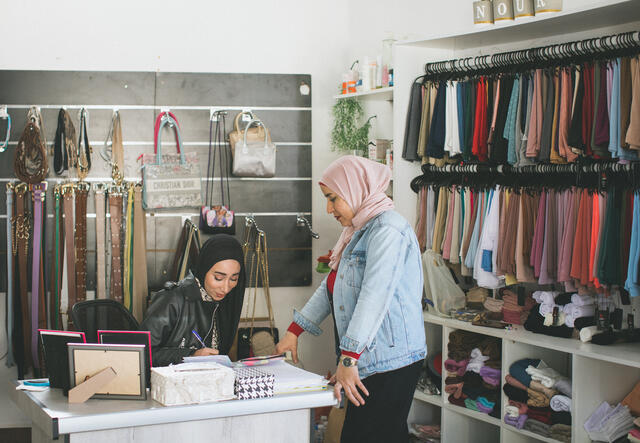
Nour’s favorite part of the day is when her clients come into her store and ask for her opinion on their choices. “It makes me feel confident because it means they trust my choices,” she says as she looks around her store, pleased to see the fruit of her hard work.
Nour has had an interest in fashion and design since she was very young. The triumph of her business allows her to continue doing what she loves: “I do not consider this a job. It is a hobby that I can practice”
She feels like she is fulfilling her purpose every time a client leaves satisfied. “You can buy fashion, but you need to know what to do with style. I only help them by adding a taste of my style.”
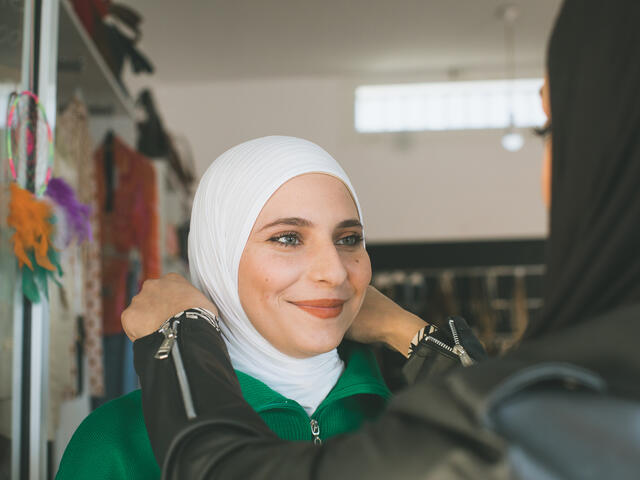
“Bravo! You were strong, and you held on to your dreams. You thrived until you arrived,” Nour congratulates her present self as she recalls herself when she was a child with a big dream.
She is proud of success as a business woman breaking gender norms in her country. “As women [in Lebanon] we are accustomed to the idea that we cannot make a decision and that there should be someone else to control things for us,” she says. “But the reality is that even if I am a woman I can work hard and do everything. Even when I expanded the store and opened the second one, I worked as hard as 100,000 young men do.”
Nour wants to be an example of encouragement for aspiring young Lebanese girls. If she could give them a piece of advice, she would tell them to, “hold on to their dreams. Once you hold on to something you love, success is an inevitable consequence… So do what you love."
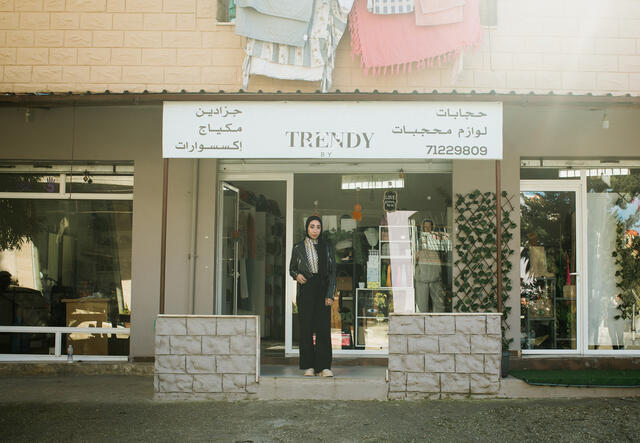
Learn more about the IRC and Citi Foundation's Resilient Futures program.